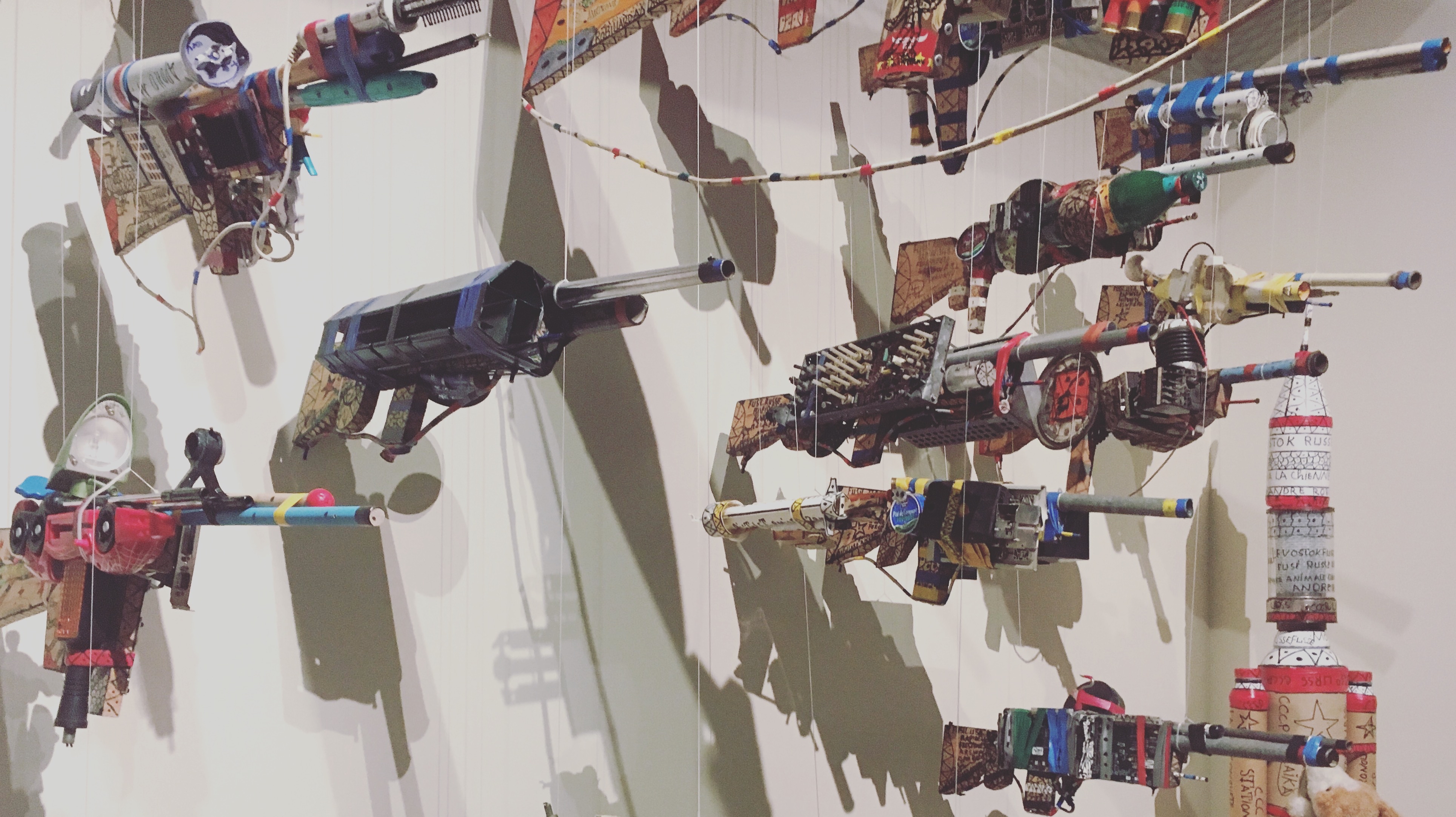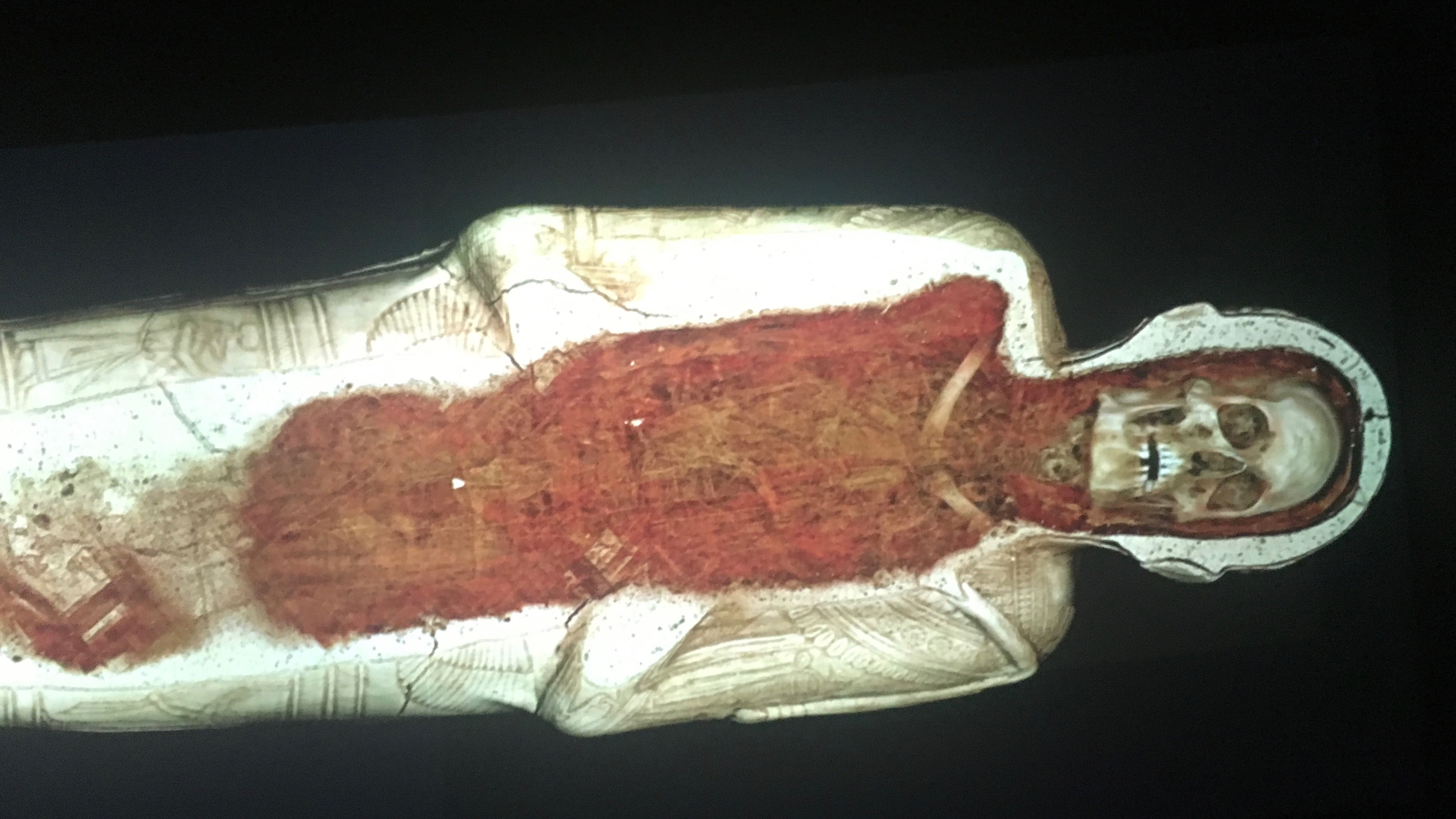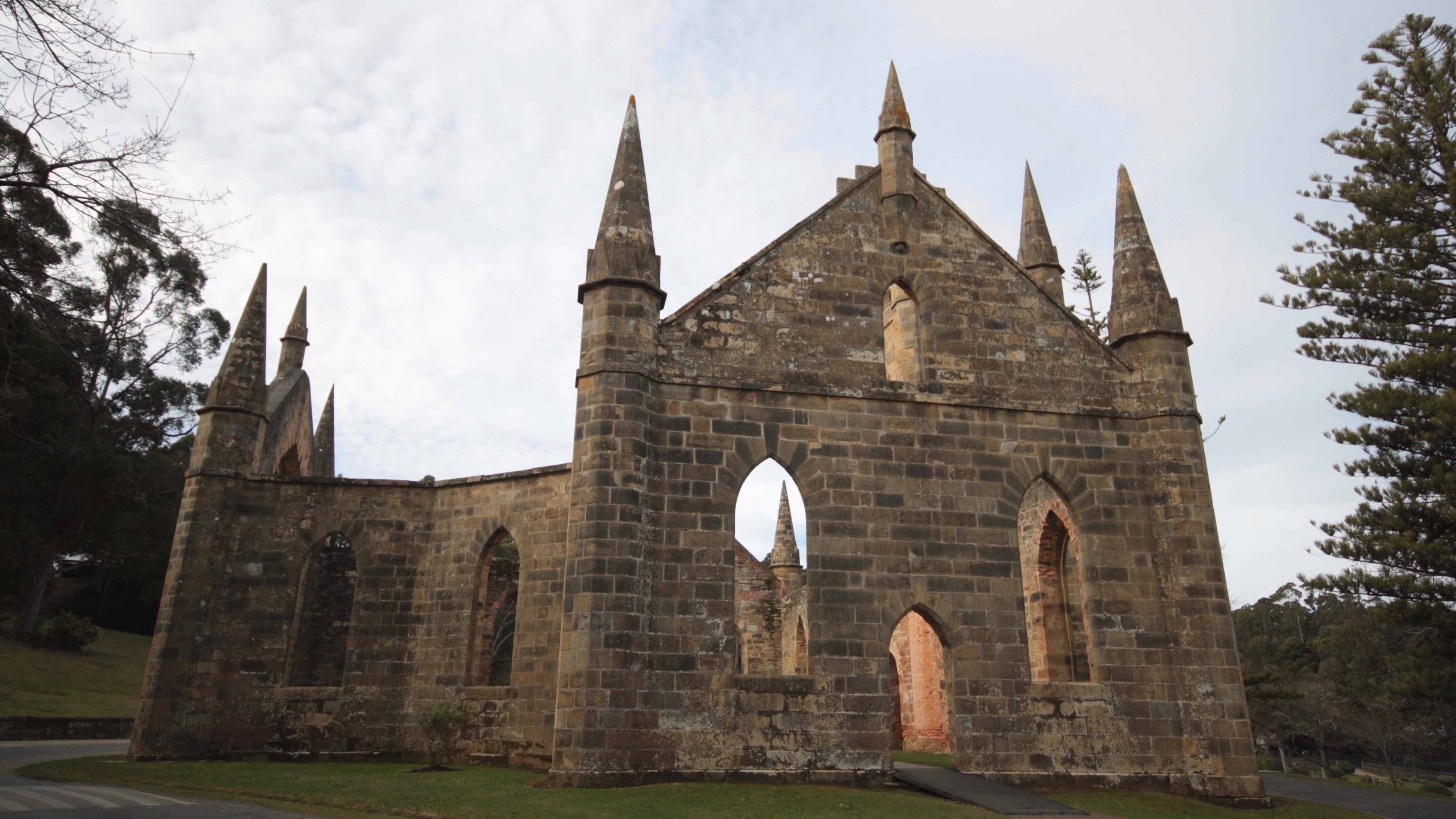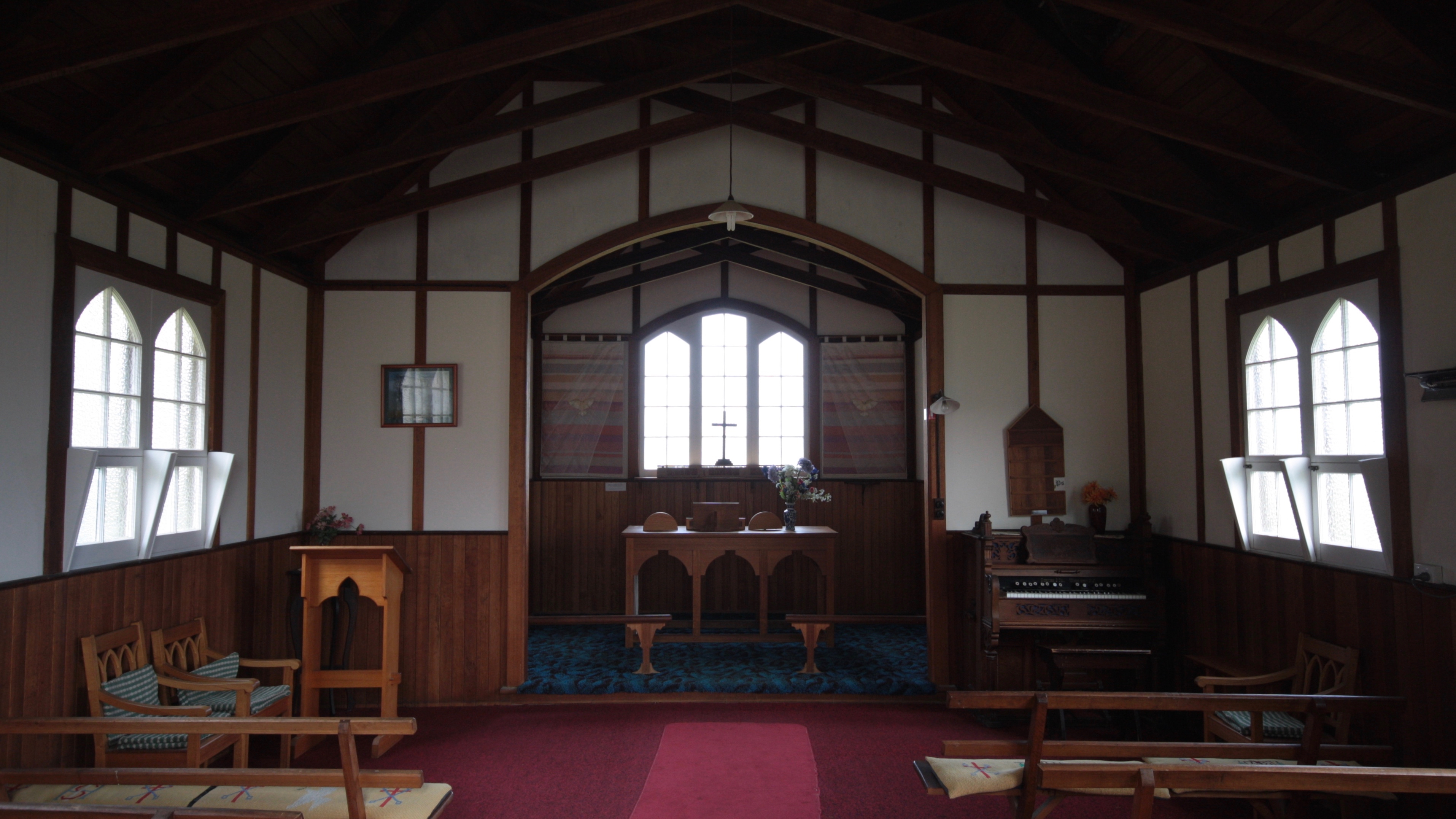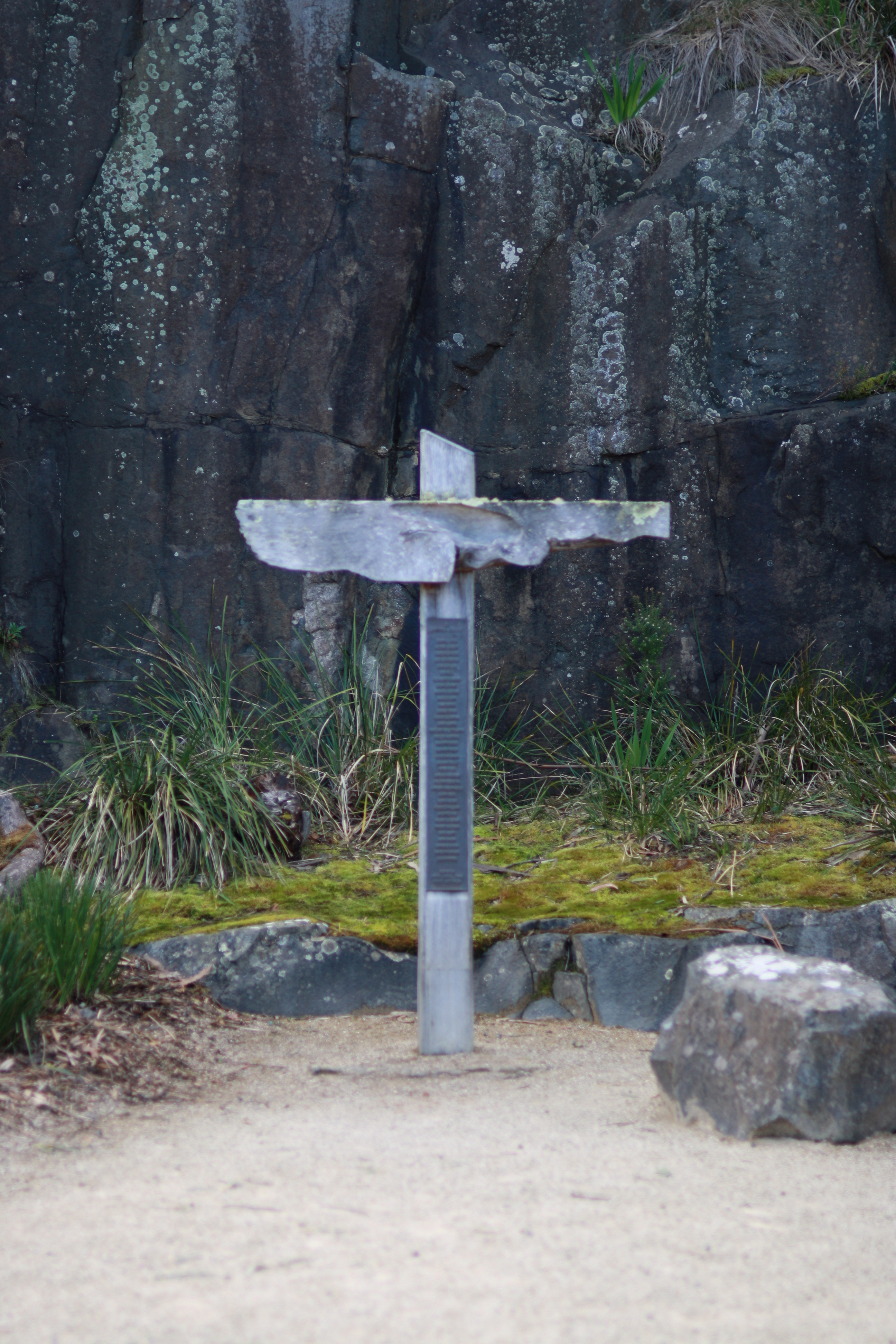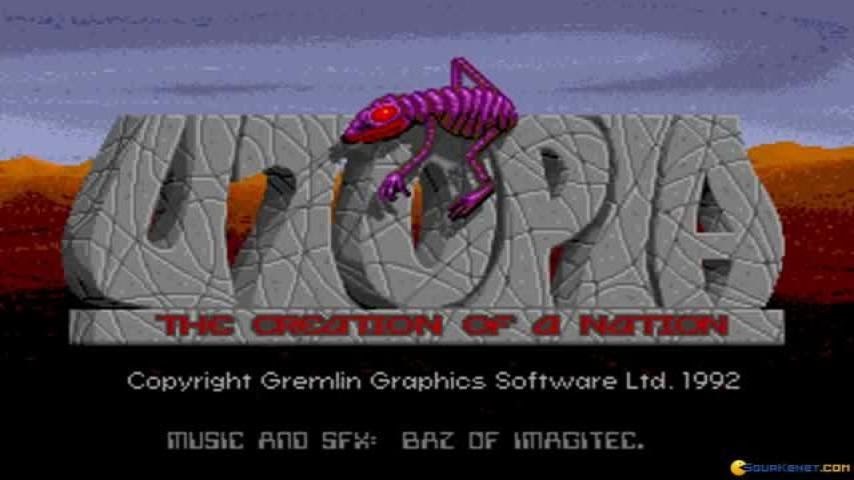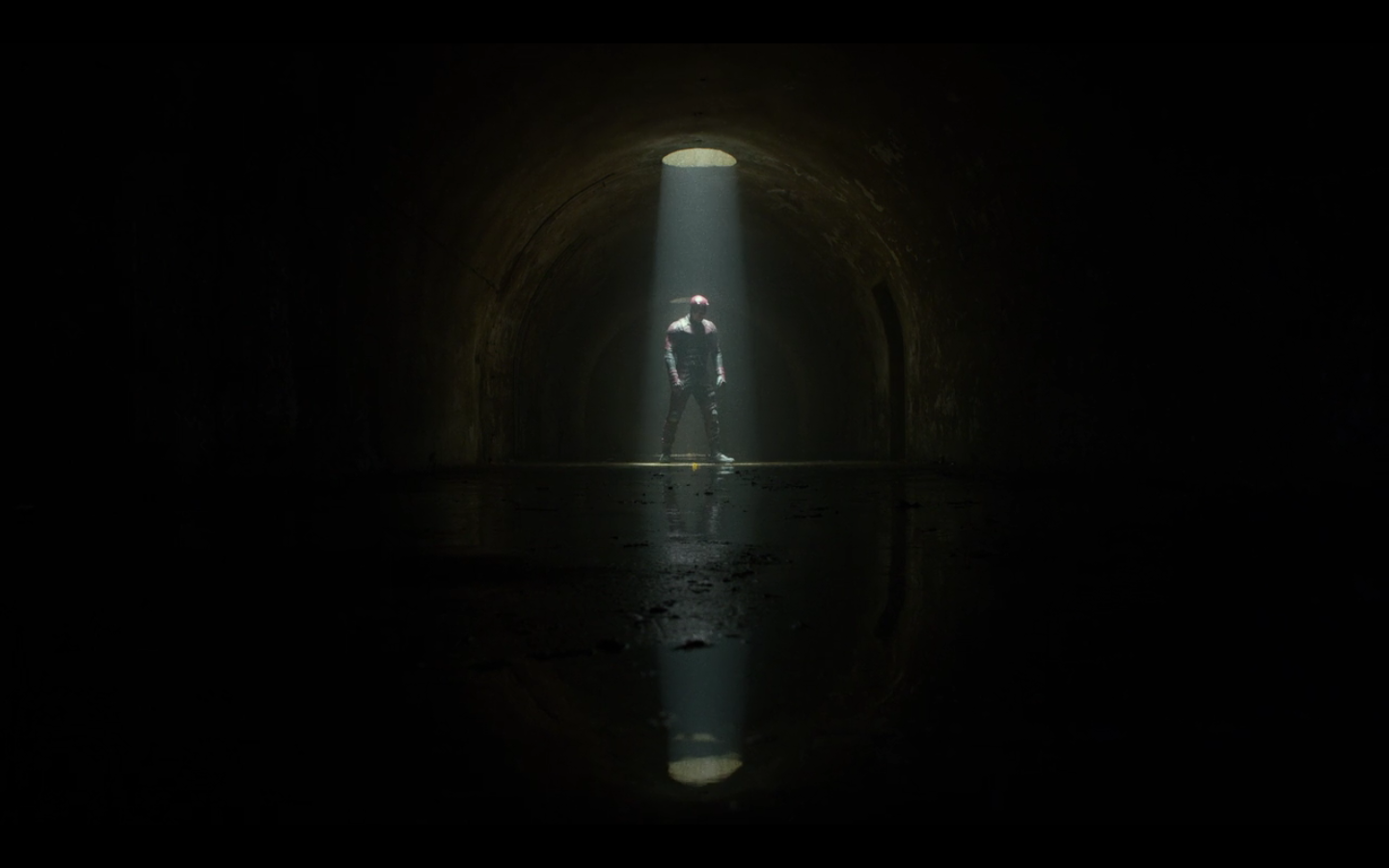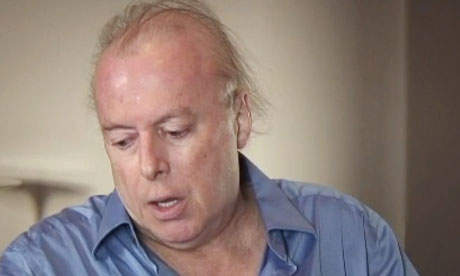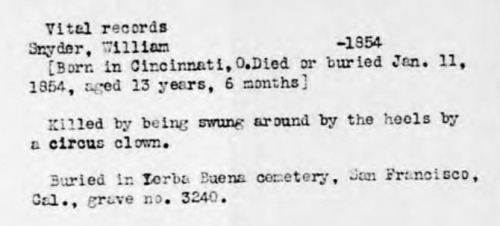Mild, very mild, spoilers.
Remember you are only human. You’re going to die.
I’m a sucker for the Netflix section of the Marvel Cinematic Universe (MCU); the gritty ‘street level hero’ excites me more than the fly-in-fly-out Avengers, and the even more infinitely removed Guardians of the Galaxy (though I do enjoy those). The big guys in the MCU are set to fight the ‘infinity wars’, and they’ve left a power vacuum in street level New York. The city is reeling and trying to figure out what these big heroes mean for the pursuit of justice, and even what heroism means; while the physical fallout from the Avengers explosive battle with the ‘chitauri’ (Avengers 1) — dubbed ‘the incident’ — has created opportunities for exploitative and opportunistic criminals to step in (which is pretty much the story of Spider-Man: Homecoming, and Netflix’s Daredevil).
Remember you are only human. You’re going to die.
I’m also a sucker for The Punisher. Frank Castle. He’s perhaps my favourite Marvel antihero. I grew up reading Phantom comics, so his ‘death’s head’ symbol and willingness to kill criminals in pursuit of justice not just mark them with a skull from a fancy ring (ala the Phantom) makes him feel like a grown up superhero. His story — where he is pursuing justice, or seeking vengeance, after his wife and kids were slaughtered is, perhaps, more poignant now I have a wife and kids. Plus I enjoy his aesthetic generally, and the Marvel take on it specifically (though this series is gritty and violent, and there were scenes where I had to look away or cover the screen of my laptop with my hands (I couldn’t watch this series with Robyn)).
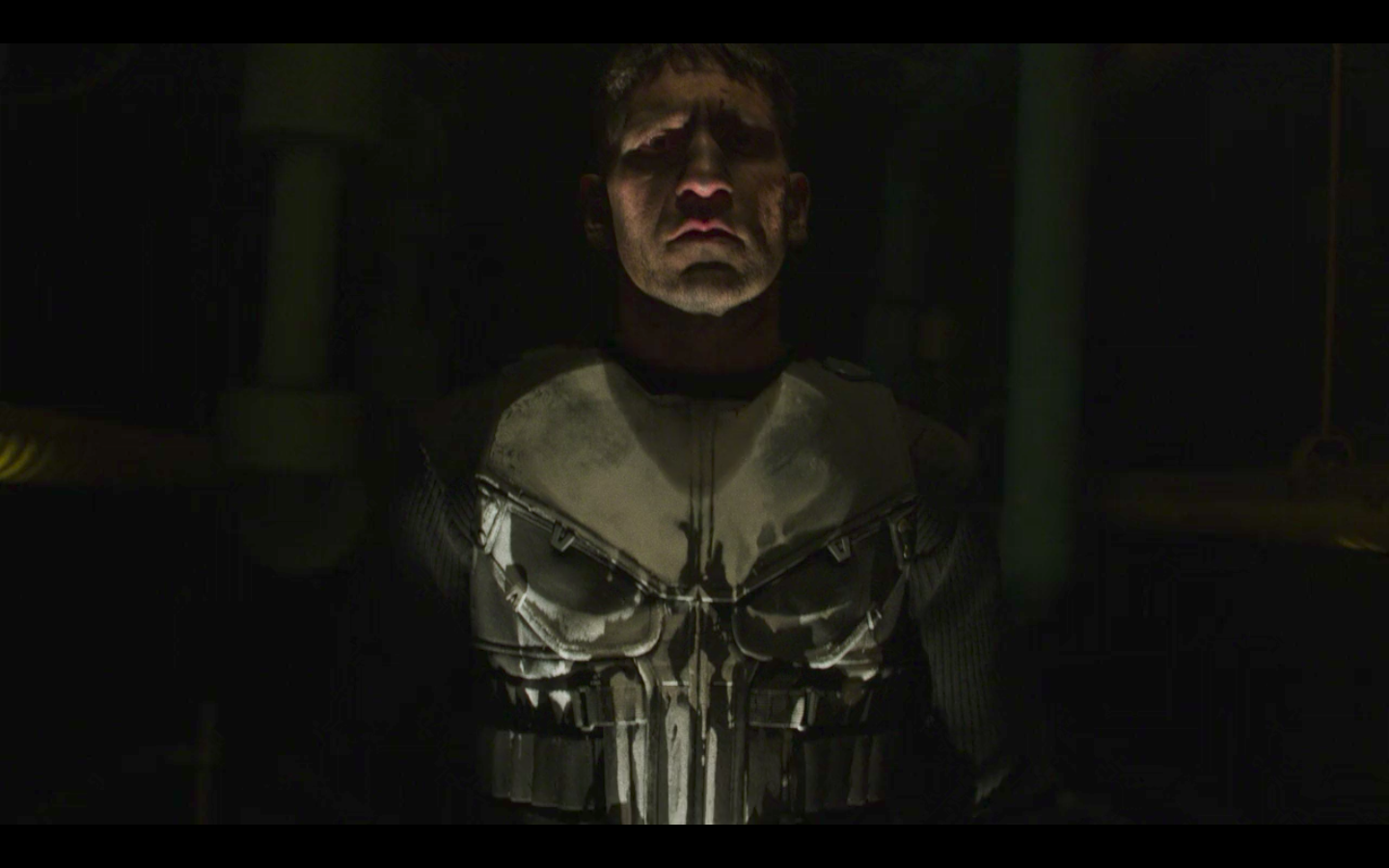
Marvel introduced us to this version of The Punisher in Daredevil season 2; which was framed as a battle between darkness and light — between the conflicted (though blind so permanently in darkness), thoroughly Catholic, ‘Devil of Hell’s Kitchen’ who refuses to take life, and The Punisher’s dark pursuit of the violent end of his enemies. There’s a scene in this latest series where the TV news reports Castle has killed 37 people, his new ally Micro (a hacker with his own score to settle), turns to him incredulous. 37? Castle replies that this is just the number they know about. He is judge, jury, and executioner just without Judge Dredd’s state sanction.
Remember you are only human. You’re going to die.
This season is a battle for Castle’s soul — or his own battle to keep his soul in the face of his personal devastation.
And I can sympathise with him. If this life is all there is, and it seems to be in the story, the Punisher offers some hope for justice in the face of the state’s failings. Unlike Daredevil, whose religious faith is overt and shapes everything, The Punisher seems to operate in what philosopher Charles Taylor calls ‘the immanent frame’, he’s not haunted by questions of whether his victims are ‘made in the image of God’ and so capable of good, he’s not fascinated by an afterlife, such that his ethics are driven by his sense of where he’s going… he just wants to cause pain, as proximately as possible to the pain caused to him and his family, to those who perpetrated evil against him. He is the grim reaper. The personification of death. The knock at the door for these criminals who are part of a complex system of evil — and for those who happen to incidentally cross his path during this crusade.
Remember you are only human. You’re going to die.
There are moments where Frank has to decide whether to live or die, and a vision of his deceased wife beckoning at him from the other side of death suggests there is something more; but that he refuses to take that step in order to pursue his vengeance suggests he doesn’t have any certainty that these visions are anything other than a delusion.
So if this life is all there is; if there is no hope for justice beyond the grave; then what does justice actually look like in the face of awful systemic crime, that exploits and that treats human life as cannon fodder? That’s the question the Punisher forces us to ask as viewers. In all its grit, blood, mess, and violence. If this flesh and blood existence is all there is, then how do you extract the price required to restore balance — how does the classic view of ‘justice’ (the blind lady with the scales) operate in response to deadly evil?
How does a human participate in the bringing of justice in response to evil without taking on some of that evil? Or admitting that it actually lies there in every human heart? Whose hands are clean enough to exact vengeance without crossing a line into something impure? Or how does one get dirty hands, in the grit, blood, mess, and violence of this world without continuing the vicious cycle?
If this world is all there is, if the dead are not raised, if there is no God who judges, then I want The Punisher in this world, but I don’t want to be the Punisher, and I think it’s reasonably clear (and this is something that both the Marvel and DC cinematic franchises are grappling with) that violence begets violence. In the DC world there’s the perennial suggestion that Batman being the personification of fear, armed with fancy gadgets, has forced Gotham’s criminal underworld to evolve (and so compete) and so you get the cartoonish roll of villains from The Joker to Catwoman (and everyone in between)… what sort of New York exists five years from The Punisher season 1?
What is justice? Where is it found? Castle’s hacker sidekick has this dialogue with the purer face of justice, Agent Dinah Midani, about why he’s thrown in his lot with The Punisher not with the system.
Micro: You want justice. Because you haven’t figured out that there is no such thing yet…
Agent Madani: You don’t believe in justice?
Micro: No I did. I did. You were it. You and the system. I’ve learned different.
Agent Madani: Good men have died trying to expose this thing. They believed.
Micro: Well. I believe the only way to get these assholes is to become like them.
Agent Madani: No. I don’t believe that.
Micro: You will. In the end.
The only way to get these assholes is to become like them.
There’s a cost.
To fight evil and pursue justice, in the world of The Punisher, you have to become evil. In a world where death is all there is, you respond to those who bring death on other people by bringing death. Only. If there’s no system… if it’s just vigilante stuff… who decides who is worthy of death? The market? Ability? Castle goes head to head with an old army buddy who is his equal in everything; while being willing to cross more lines.
The Punisher embraces this; the black, the skull logo, the warpaint, this is his embodiment of his cause — death. Justice in a world where nothing resides beyond that door. Painful death (seriously… it’s painful to watch). He’s driven by knowing that death is all there is… that’s his thing.
Micro: You’d rather be dead than feeling? Frank Castle. The Punisher. On a suicide mission, because what, he doesn’t like it when, uh, his feelings get hurt?
That skull. That’s a memento mori. It’s Latin for ‘remember, you will die.’ In Rome, victorious generals would return from war and so they didn’t get blinded by glory, they’d have a slave who would just say “Remember, you’re only human, you’re going to die.”
Frank: Well. That sounds good to me.
Micro: Well, it’s meant as an admonition to value your life, to live it well.
Later, when Madani challenges Micro’s faith in Castle because Castle was complicit in the system he’s seeking to overthrow before he realised and started his crusade, Micro says “Frank is resigned to die because he’s not sure he deserves to live. That’s a shame.” This is Frank becoming that which he seeks to overthrow; what’s good for his victims is good for him.
Remember you are only human. You’re going to die.
But what if this isn’t it. What if Daredevil is right, and The Punisher is wrong? What if not only are people, made in God’s image, are in some way capable of redemption (though because I’m not Catholic I think this redemption comes supernaturally from God, it’s not something we can work towards, or that we’re even capable of)? What if there is something beyond death that should shape how we live? What if there’s a judge who judges not just us, but our enemies. Who promises real justice — only, justice that includes justice for the evil in our hearts too?
And what if that judge had a different game plan to handle the same insights The Punisher raises — the idea that to deal with the problem — to ‘deal with these assholes’ — you have to become one of them?
What if you do have to step inside the vicious cycle; but somehow; somehow; you have to break it?
And break it in a way that convicts the offender (while offering redemption), but also comforts the afflicted with justice and hope. If you want mercy and hope in the mix you’d have to break it in a way that reaches beyond the grave to bring both justice and life… because if this life is all there is, how could the death of some ‘innocents’ like Castle’s family ever be paid for by the death of the guilty, especially if they then experience mercy (or if there’s the small mercy of the death of the body being all there is)?
Frank Castle is a man seeking atonement. But he seeks atonement in a purely immanent frame; there’s no horizon beyond the endorsement of the system he rejects that will vindicate him. And one day, when he fails, he’ll die (he certainly cops enough bumps, stab wounds, and bruises to have you questioning his mortality).
Jesus is a man who brought atonement. A man who did enter the vicious cycle of this world in order to break it; one who ‘became sin, who knew no sin, so we might become his righteousness’. A man who on the cross, in an act of substitution, became all the assholes he saved; and experienced justice for them; for us; on our behalf (as an interesting aside, Marvel’s Netflix partnership has so far presented Daredevil as the good samaritan (and New York as the victim), and as the suffering servant, and Luke Cage as a ‘liberation’ style messiah figure, some substitutionary atonement would be great (though the end of the Defenders leaves that possibility open).
Jesus is a man who stepped into the blood, grit, and violence of this world but did not take up his sword to seek vengeance, but a cross to bring both justice and mercy. A man who wasn’t a vigilante, but who was failed by a corrupt, deadly, self-interested state — the Roman empire — whose followers eventually overthrew that system simply by refusing to take part in that particular vicious cycle (at least at first, Christians would later go on their own crusades).
Frank Castle was a man ‘resigned to die because he’s not sure he deserves to live,’ Jesus was a man who was resigned to die though he deserved to live… A true innocent. Blameless.
But a willing victim of injustice; and the grand threat embodied in that Roman memento mori: Remember you are only human. You’re going to die.
Jesus did this — faced death — bloody, gritty, violent, death — because he didn’t operate in Castle’s immanent frame. He did this because he believed death is not all there is. His approach to life, and justice, and his hope, is meant to shape those who live in the world following him. The writer to the Hebrews says:
“And let us run with perseverance the race marked out for us, fixing our eyes on Jesus, the pioneer and perfecter of faith. For the joy set before him he endured the cross, scorning its shame, and sat down at the right hand of the throne of God. Consider him who endured such opposition from sinners, so that you will not grow weary and lose heart.” — Hebrews 12:1-3
There’s some interesting stuff in the following versions about how we might discipline or punish ourselves when we take sin seriously, not because we have to pay its price, but because Jesus has. Our sense of how to live in this world comes from what we believe about the judge; the ‘punisher’, and what we believe about our future. Hebrews suggests the short term pain is a result of the discipline of a father who loves us — a father who has lost his son to violent — but that we can believe this pain is good because “it produces a harvest of righteousness and peace for those who have been trained by it.” — its end point is quite different to those being trained by the vicious cycle of vengeance, violence, and blood.
Remember you are only human. You’re going to die.
Is it possible these words aren’t just a reminder to live good lives rather than a fatalistic death sentence that leaves us throwing our lives away trying to pursue revenge for wrongs we’ve experienced? Is there more to life, more to justice, than the latin maxim? Is there more to reality than death? Is there a life-giver (God), not just a life-taker (death)?
Ultimately those are going to be the question that shapes our approach to justice in this world; whether we’re on Team Punisher or Team Jesus. Is there more to life than death? Is justice something we’ve got to extract in pounds and pounds of flesh now, or can we trust that God has to exact justice not just for crimes committed against us, but for humanity’s execution and rejection of Jesus — whose blood debt we all owe as participants in a corrupt system. If we believe God will be judge, jury, and executioner it means we don’t need to pull the trigger. It means we don’t need to get our hands dirty, because he did. It means we have hope that death has been defeated, that it has lost its sting, but also that there is a just judge who will give us the justice we crave, and mercy we require, and this means we can live different lives to the cycle we see play out so gruesomely in The Punisher.
So Paul can say, in Romans, in a ‘cycle-breaker’…
Do not repay anyone evil for evil. Be careful to do what is right in the eyes of everyone. If it is possible, as far as it depends on you, live at peace with everyone. Do not take revenge, my dear friends, but leave room for God’s wrath, for it is written: “It is mine to avenge; I will repay,” says the Lord.
On the contrary:
“If your enemy is hungry, feed him;
if he is thirsty, give him something to drink.
In doing this, you will heap burning coals on his head.”Do not be overcome by evil, but overcome evil with good. — Romans 12:17-21
Don’t become like them.
Don’t be an asshole who just begets the vicious cycle of a broken system. Join a new one. See the world differently. Death differently.
This makes for a truly beautiful and compelling way of life; I’m just not sure this makes for great (though ugly and confronting) television.

